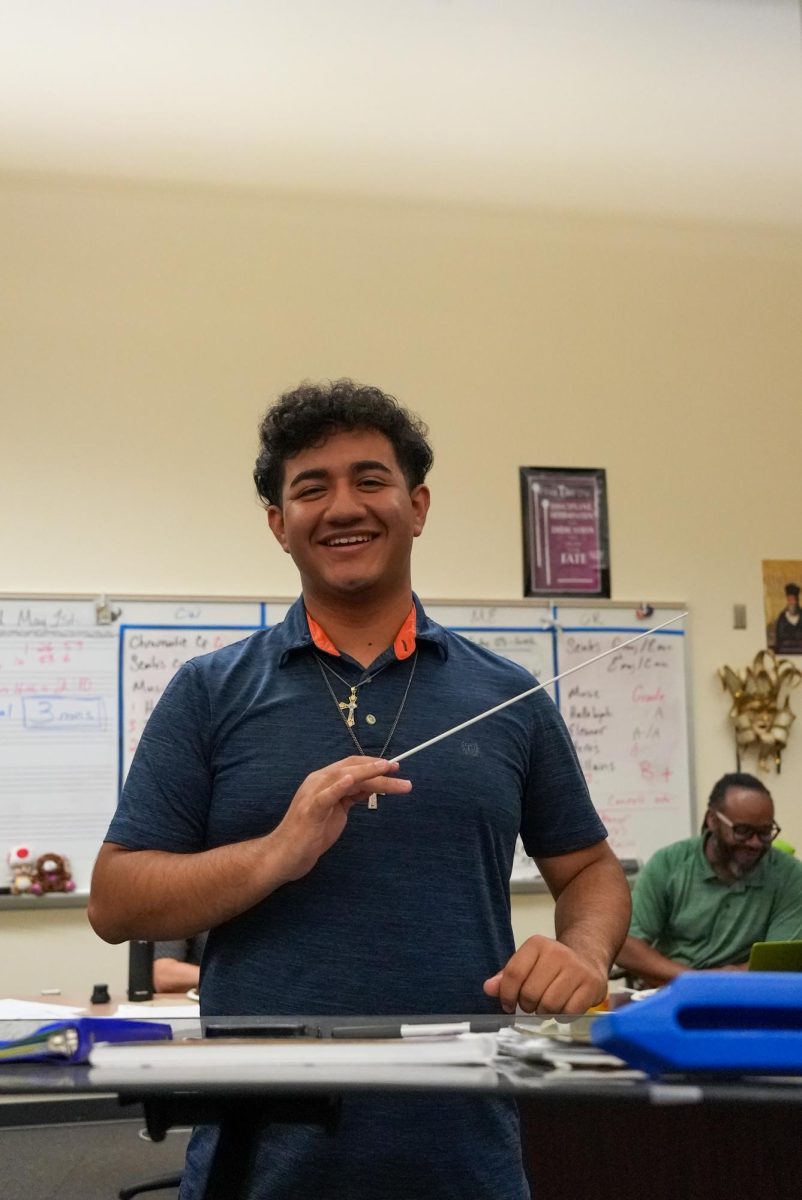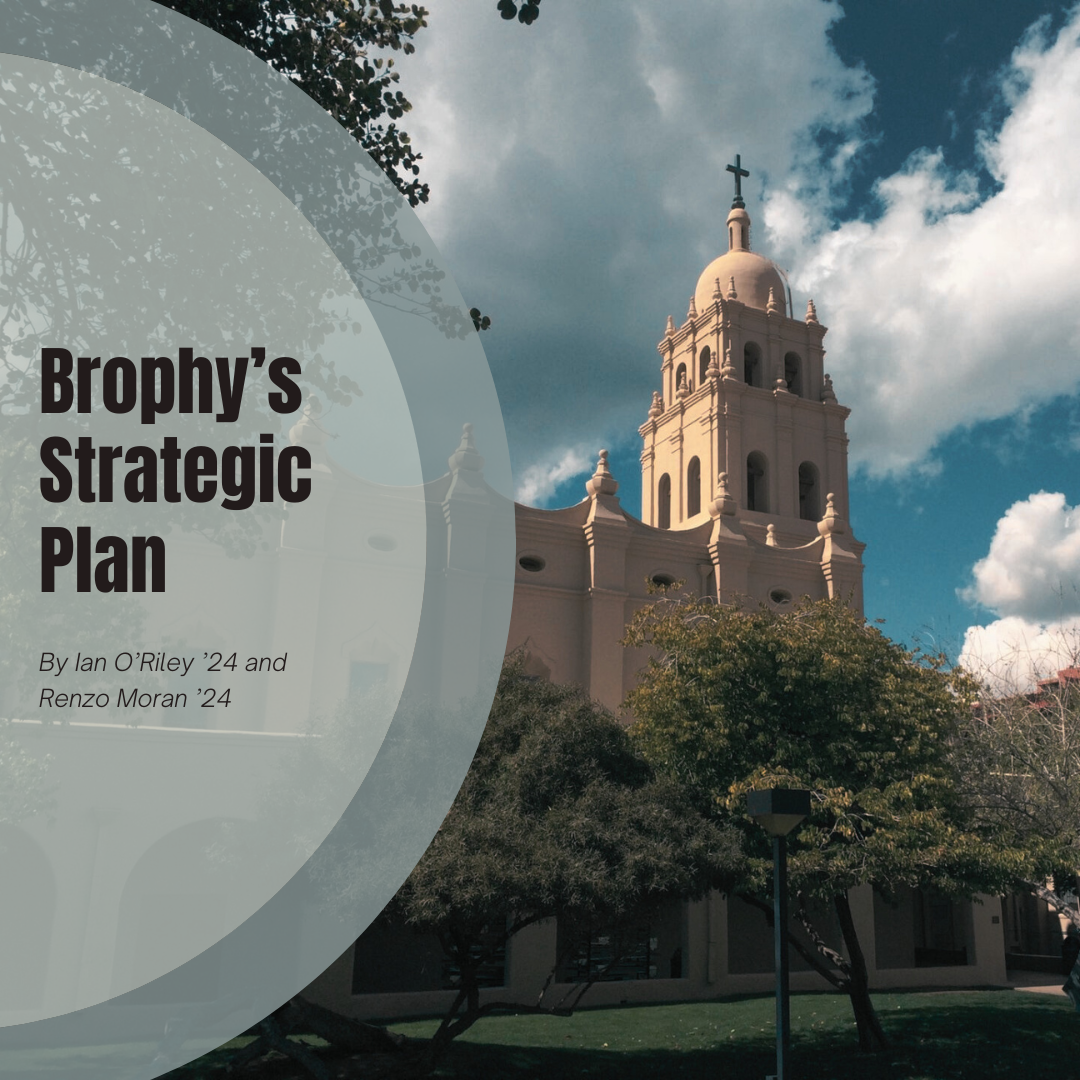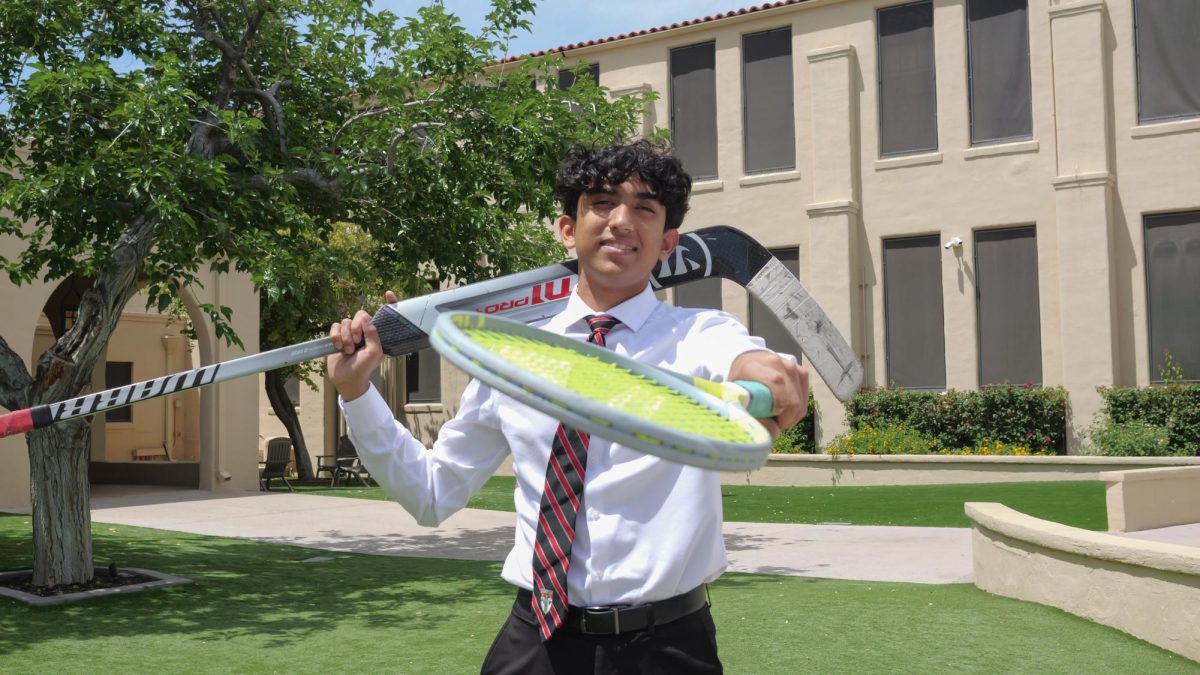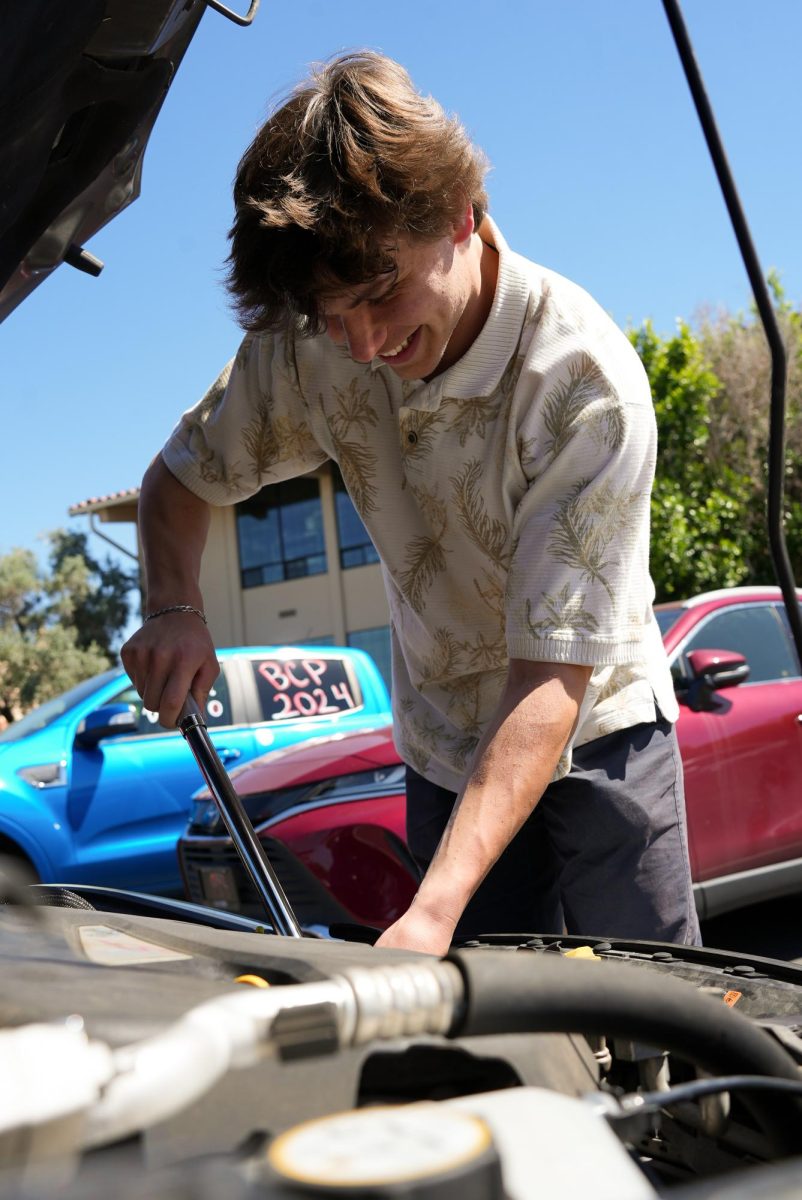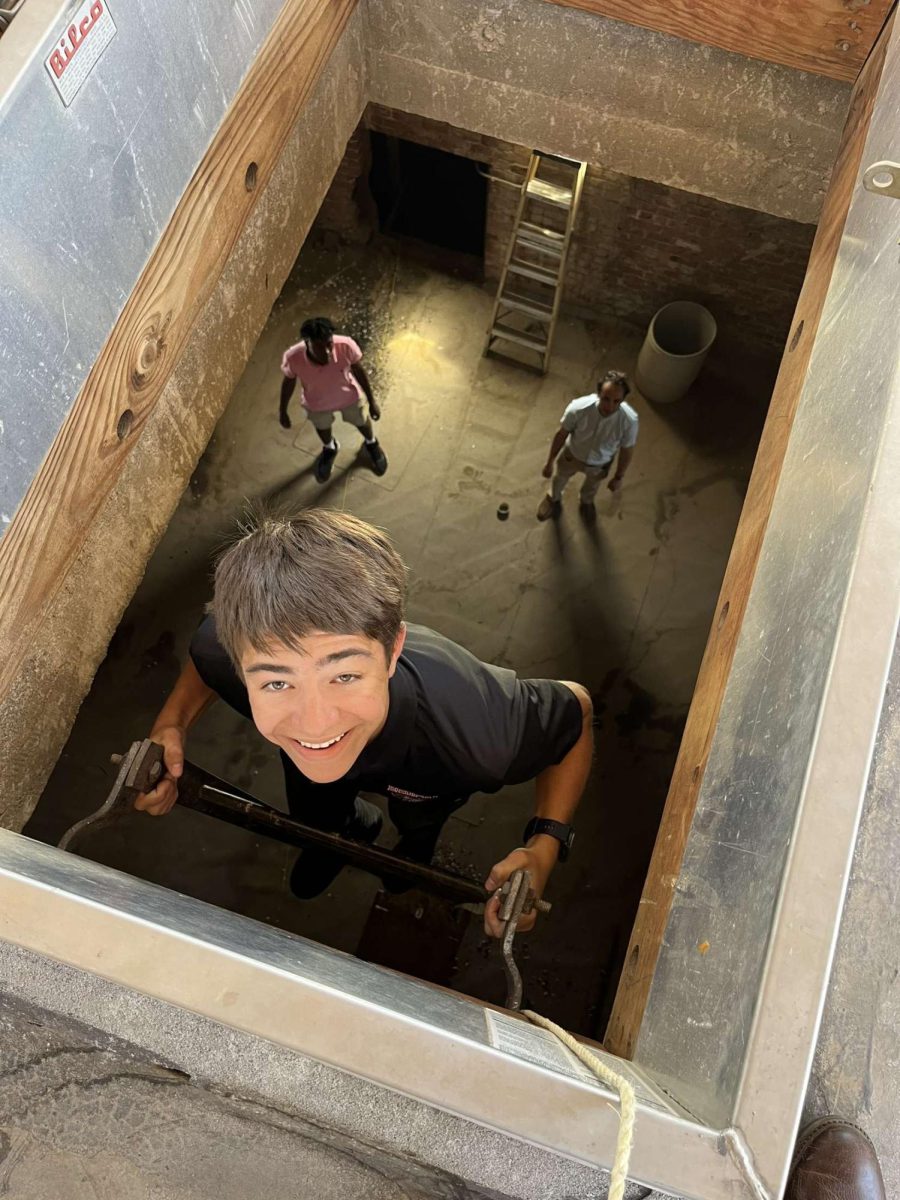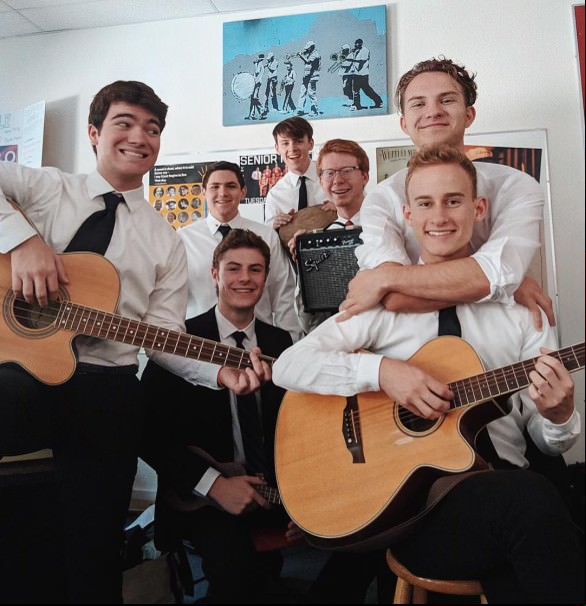By Kaleb Lucero ’18
THE ROUNDUP
What makes the best teacher?
More specifically, what type of person will make the best teacher?
The answer will vary from person to person, as some students will prefer a neat, organized and straightforward instructor, while others will want someone who is friendly, caring and a bit more flexible.
I believe there is not simply a black and white answer to this question. Instead of having a teacher who is one way or the other, my own experiences, and the experiences of other students, point out that there are specific qualities of both sides that are important to have.
In short, there is a type of balance, one that combines both the strict and loose personalities to help make students want to be in that classroom and want to do well with their work.
“Teachers should be outgoing, funny and willing to try new things,” said Rafael Vera ’17. However, he also said that they need to be intellectual, knowledgeable and understanding.
To me, this makes perfect sense. You can have the most informative presentation known to man, but without a personality to keep the students from wandering off, all that hard work will vanish, just like the students’ attention and focus.
However, it can go the opposite way. Maybe the students love being in the teacher’s class. Maybe they think it’s the best thing ever.
It might be all jokes and laughs, and lectures spiral off into discussions about things no one could have predicted. Then, come finals or AP tests, everyone’s ripping out their hair to try and figure out what they should have learned during this time.
Both extremes have their own consequences, and it’s important to try and get the best of both worlds.
When asked who exemplifies what he thinks a teacher should be like, Brandon Ortiz ’17 immediately thought of Dr. Thomas Donlan.
After a lecture, he would “read a poem or scream” to get the attention of students, Ortiz said.
This type of funny, light-hearted type of classroom is what Ortiz thrives in, but he also points out that Dr. Donlan is well organized, informative and knows how to answer students questions.
To me, knowing how to answer a student’s question is imperative to developing person’s understanding of the subject. I think everyone’s had those frustrating moments of just not getting a topic, and when you ask the teacher they might a give a complicated and confusing answer, or might just reword your question and respond to something completely unrelated.
I’m sure I’m not the only one who’s had to spend hours on the Internet trying to understand a concept because of this.
Really, in the end, it all comes down to a couple things.
First, the teacher needs to present information in a clear, precise way. If students ask questions, they should be able to understand the answer with relative ease, or at least be given some resources to look at.
Secondly, the teacher should have something to capture the students attention.
Let’s admit it, we all have iPads or computers in our hands 24/7, and concentrating on an hour long PowerPoint presentation can be tedious. We’ve all been through that type of situation, and we all know that some of us, if not most of us, are easily distracted.
A teacher that can keep you engaged—whether that be by being friendly and interesting or by terrifying you with barrages of questions—is a teacher who is able to get their point across.
As we can see, these first two essentials work in tandem. You need to have information, but you need to make sure the student is actually listening.
However, we can’t forget student’s obligation to learn.
Our obligation is to learn. It’s a job, and if we have an obstacle, like with any occupation, you’re objective should be to overcome that obstacle. So, it’s great to dream of teachers that will match your learning style, but don’t rely on that, or else the sour lemons of life will be squeezed into your eyes.
Now, when talking about things outside of the classroom, organization is crucial. We, as students, rely almost completely on Canvas and the schedules posted there. When directions on Canvas and directions said in person conflict, there’s almost undoubtably going to be a problem.
In this way, it’s important for teachers not only to be consistent, but to also be able to see what they’re asking from the students’ perspective. If they find out the next day that no one understood what their instructions were, it important to be flexible.
There’s no worse thing than having homework, not understanding it, and then coming the next day only to find out that it’s still due and that you’re basically failing that assignment.
When we look back at the teachers we’ve had, the best ones will be those who are knowing, who can see their classrooms from the students’ eyes, and are able to provide a perfect blend between presenting knowledge and gaining the intrigue of the students.


